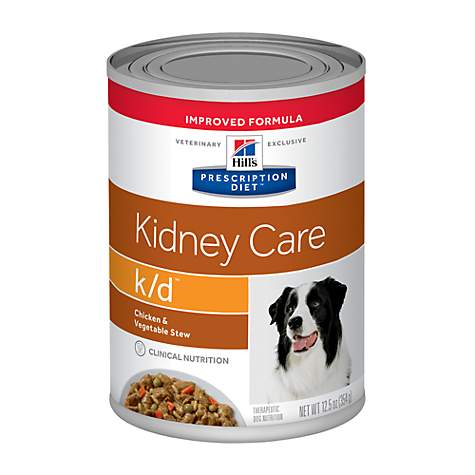Within the last week, news broke of a potential link between grain-free diets and dilated cardiomyopathy (DCM). DC-based cardiology specialty group, Cheseapeake Veterinary Cardiology Associates, noticed an increase in DCM cases in atypical breeds and began to look for common denominators. Grain-free diets appear to be a possible link. It's possible this is a red herring, as grain free diets are "all the rage" right now, with the majority of pet food-buyers being guided in that direction at the pet food store, but there are links between nutrition and cardiac diseases in dogs and cats, so it is not unlikely that the trendy foods are to blame.
About 5 years ago, clients began asking me why the perscription diets I recommended for disease states contained corn, wheat, and rice. Some pet owners refused to feed them, stating these are cheap "fillers." Apparently, many online and pet store resources of information malign these ingredients. The trend was to feed grain-free diets. It reminded me of when breeders and pet food stores began referring clients to raw diets as a solution for many issues in their pets. It turns out that raw diets result in bacterial contamination in human kitchens and can result in problems for pets' digestive tracts as well, since cats and dogs have long been domesticated and NOT fed raw diets.
Grains provide fiber, which helps promote bowel mobility, provides bulk and firmness to stools, and in some cases prevents diarrhea and anal gland issues like overfilling and impactions. If your pet requires a lower carbohydrate diet, grain-free is one way to go about this, but in the majority of cases, pets do not require the elimination of grain.
Larger pet food manufacturers have gotten a bad name with the emergence of SO many smaller, "boutique" food companies. The botique food costs more, and the food store employees recommend it, so it must be better for the pet, right? I try to tell pet owners not to feel pressured to buy the most expensive bag of dog food, because chances are it is not actually the best food! Of large food companies, I hear lots of bad things from pet owners that they have gathered through the grapevine; "They are so big, they don't care," "their food gets recalled all the time," and "their large factories are dirty and contaminated" are complaints that I have heard. The reality is that these larger companies invest in expensive clinical and safety trials, incorporate far mroe in-factory testing to prevent toxins and contamination in their diets, and thus have a much safer product as a result. I would much rather my food be tested and recalled before my pet eats it and gets sick, wouldn't you? Smaller food producers don't usually have these clinical trains or in-factory tests in place, so they might miss a Salmonella contamination or toxin presence that these larger companies locate and eliminate before the food hits the shelves.
Allergic pets in this area turn up in my office many times already on raw and grain free diets intended to relieve their skin eruptions, ear infections and nighttime itching, which are for the most part the result of environmental allergy called Atopy. While food may be a part of the allergy, and in rare cases responsible, proving this allergy expediently would require an elimination diet trial, rather than trying "Food Roulette" (as I call choosing a random grocery store food with a different protein base to use for the 6-8 week trial).
Dogs are omnivores, and there is no overt need to eliminate grains from their diet unless they have a documented allergy. Saliva and blood test kits to determine food allergies abound, but these simply are not reliable; some test kits have been sent in with water for screening (instead of saliva), and those samples returned with similar allergy profiles to a saliva sample. The way to document food allergies should be discussed with a veterinarian, but it will include an elimination diet trial. Because these elimination diet trials can last up to 12 weeks, it is important that this diagnostic test be based on proven methods.
In some ways, with all the misconceptions and incorrect information swirling about pet nutrition, perhaps this grain free diet + DCM link coming to the fore is a blessing; the resources it reveals may shed some light on proper nutrition and how to interpret labels and pick safe food for pets.
For more information on choosing a pet food that is safe, please consult your veterinarian, a veterinary nutritionist or a veterinary university nutrition site.
Here are some reliable sources for information:
http://vetnutrition.tufts.edu/all-about-pet-food
https://www.cvcavets.com/for-pet-owners/nutrition-grain-free
*Article Courtesy of Dr. Jann Elliott DVM

